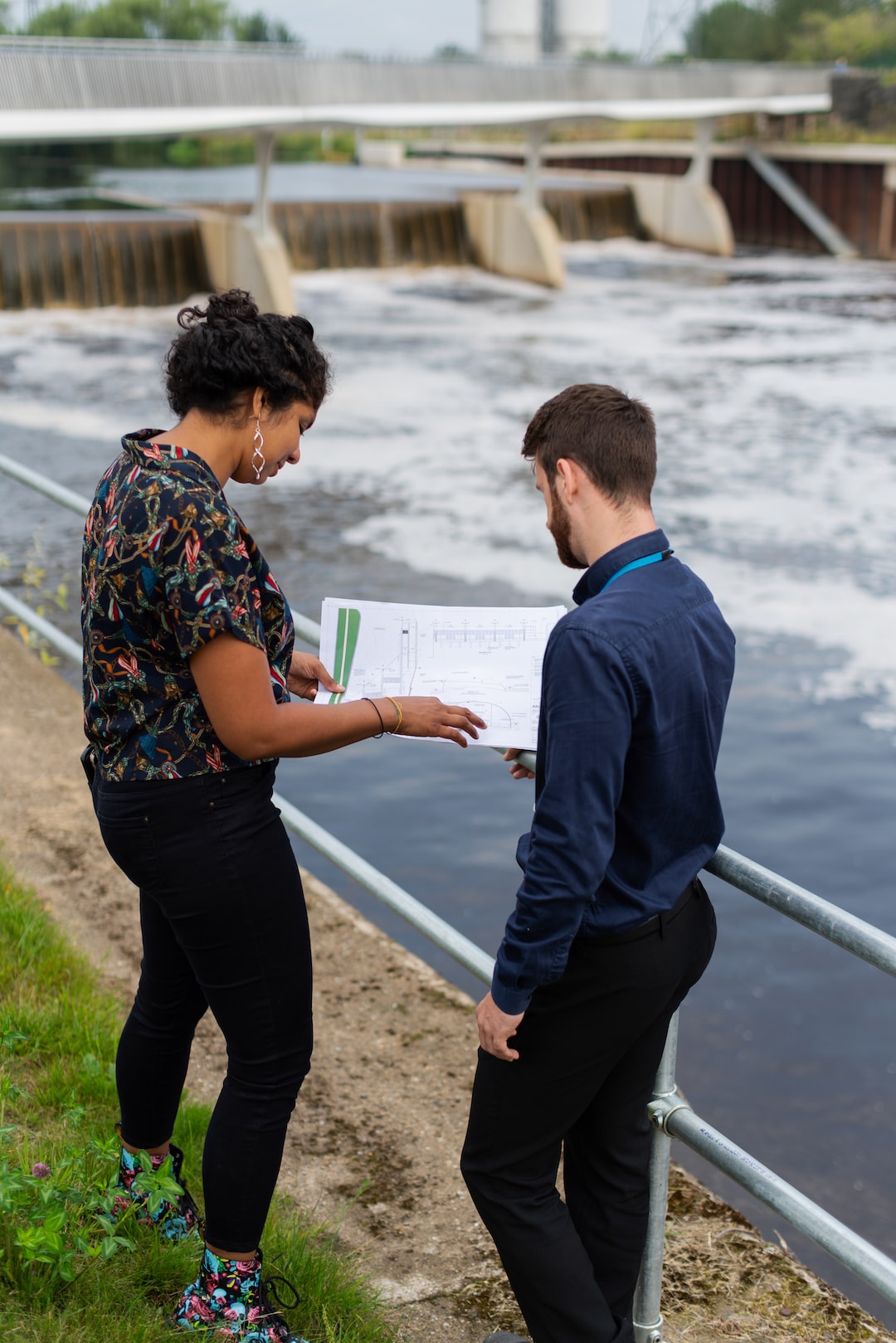The Growing Field of Environmental Engineering: Protecting our Natural Resources
The world we live in is facing enormous challenges the likes of which we have never seen before. From rapidly depleting natural resources to increasing levels of pollution, these issues threaten our very existence. However, amidst these challenges, a field is emerging that offers hope and solution – environmental engineering.
Environmental engineering is a rapidly growing field that combines engineering principles and environmental science to tackle and mitigate the adverse impacts of human activities on the natural environment. This interdisciplinary field is focused on developing innovative and sustainable solutions to address a wide range of environmental issues.
One of the primary goals of environmental engineering is to protect and conserve our natural resources. With the increasing population and expanding industrial activities, we are putting a severe strain on our precious resources such as water, air, and land. Environmental engineers play a crucial role in developing technologies and implementing strategies to ensure the sustainable use of these resources.
Water is undoubtedly one of the most critical natural resources on our planet. However, with water scarcity becoming a global issue, environmental engineers are at the forefront of developing technologies for efficient water management. From wastewater treatment plants to desalination processes, these experts are working tirelessly to ensure the availability of clean and safe water for all.
Air pollution is another significant challenge we face today. Environmental engineers are actively involved in designing and implementing systems to monitor and control air pollution. Through the development of advanced emission control technologies, such as catalytic converters and scrubbers, they are working towards reducing harmful pollutants and improving air quality in urban areas.
Land degradation is a growing concern due to factors like deforestation, soil erosion, and pollution. Environmental engineers play a vital role in the remediation and restoration of contaminated land. They use innovative techniques such as bioremediation, phytoremediation, and soil stabilization to clean up polluted sites and restore the natural ecosystem.
In addition to resource conservation, environmental engineers also focus on waste management. The increasing volume of waste generated by human activities poses a significant threat to our environment. These engineers work on developing effective waste management strategies, including recycling programs and waste-to-energy conversion technologies, to reduce the adverse impacts of waste on our ecosystem.
Moreover, environmental engineers are actively involved in developing sustainable energy solutions to combat climate change. They work on renewable energy projects such as solar, wind, and hydroelectric power, aiming to reduce our dependence on fossil fuels and lower greenhouse gas emissions.
The field of environmental engineering also emphasizes the importance of environmental impact assessment. Before any major construction or development project, environmental engineers assess the potential impact on the ecosystem and propose mitigation measures. This ensures that development projects are carried out in a sustainable and environmentally friendly manner.
As the field of environmental engineering continues to grow, it offers promising career opportunities for those passionate about protecting our natural resources. Environmental engineers work hand in hand with scientists, policymakers, and communities to find sustainable solutions to environmental problems.
In conclusion, the field of environmental engineering plays a vital role in protecting our natural resources. Through innovative technologies and sustainable practices, environmental engineers are working towards ensuring a cleaner and healthier environment for future generations. As individuals, it is essential for us to support and invest in this field to create a more sustainable and resilient future. Together, we can protect and preserve our most valuable assets – the planet’s natural resources.

